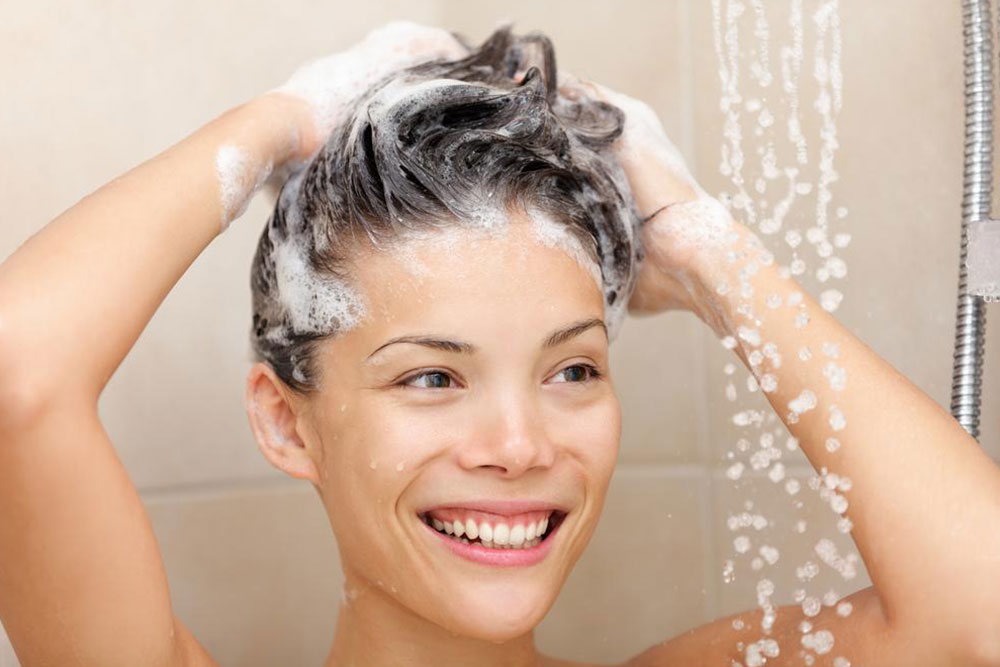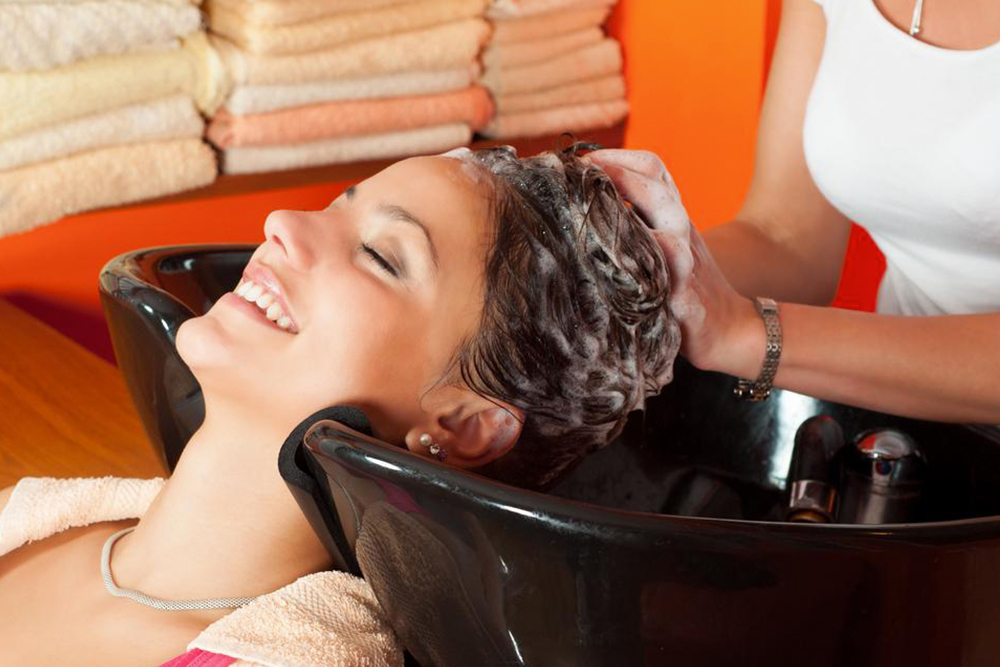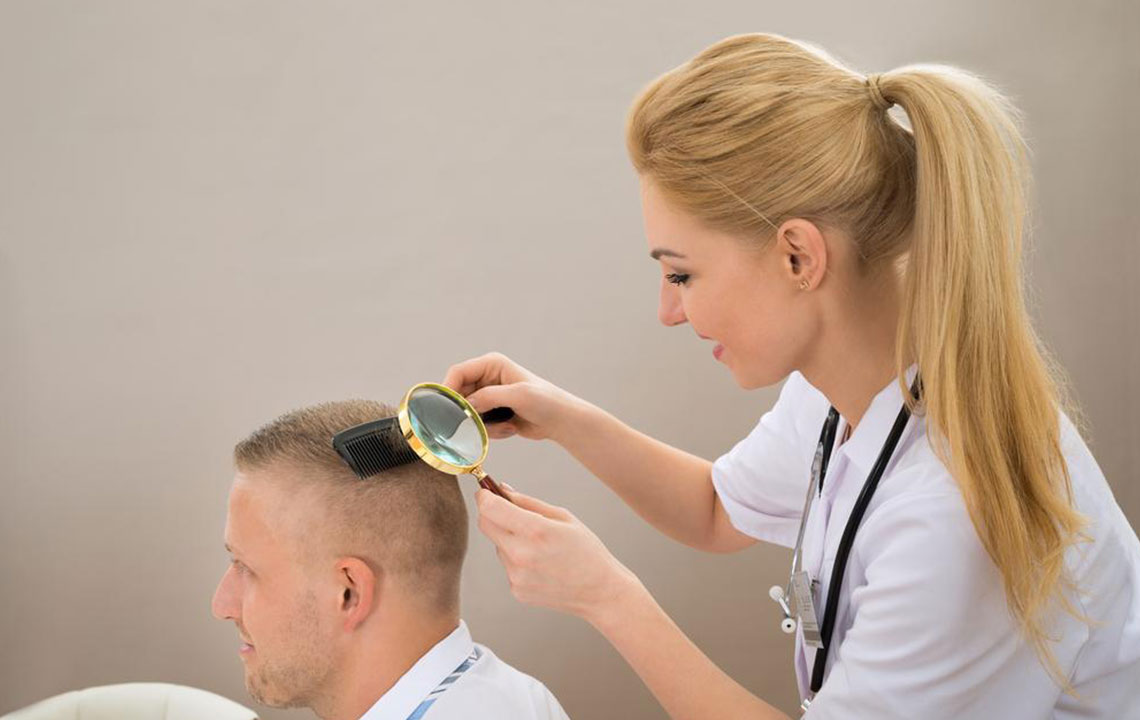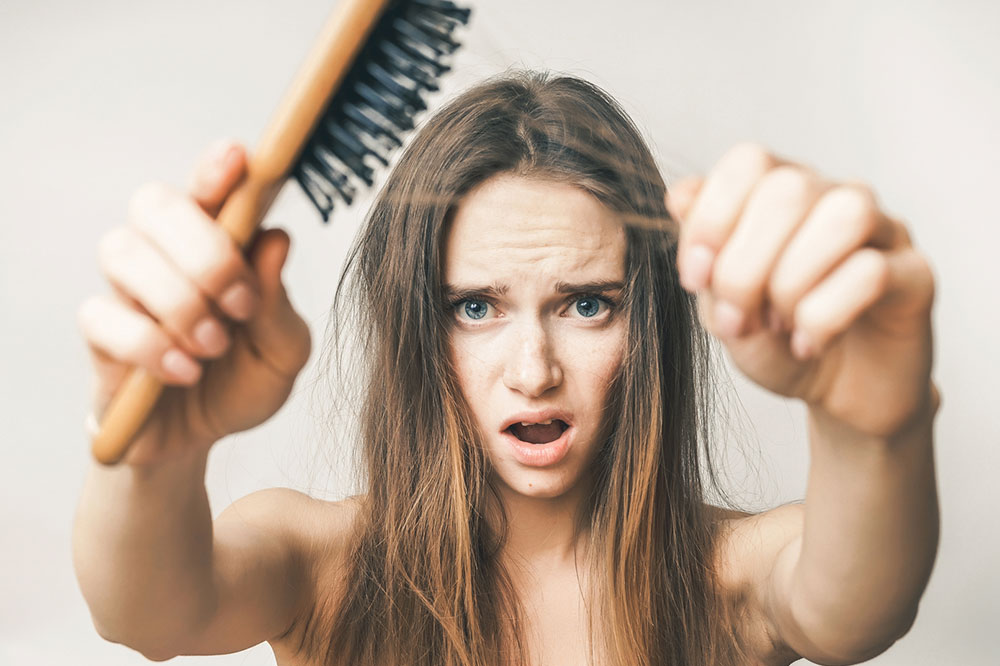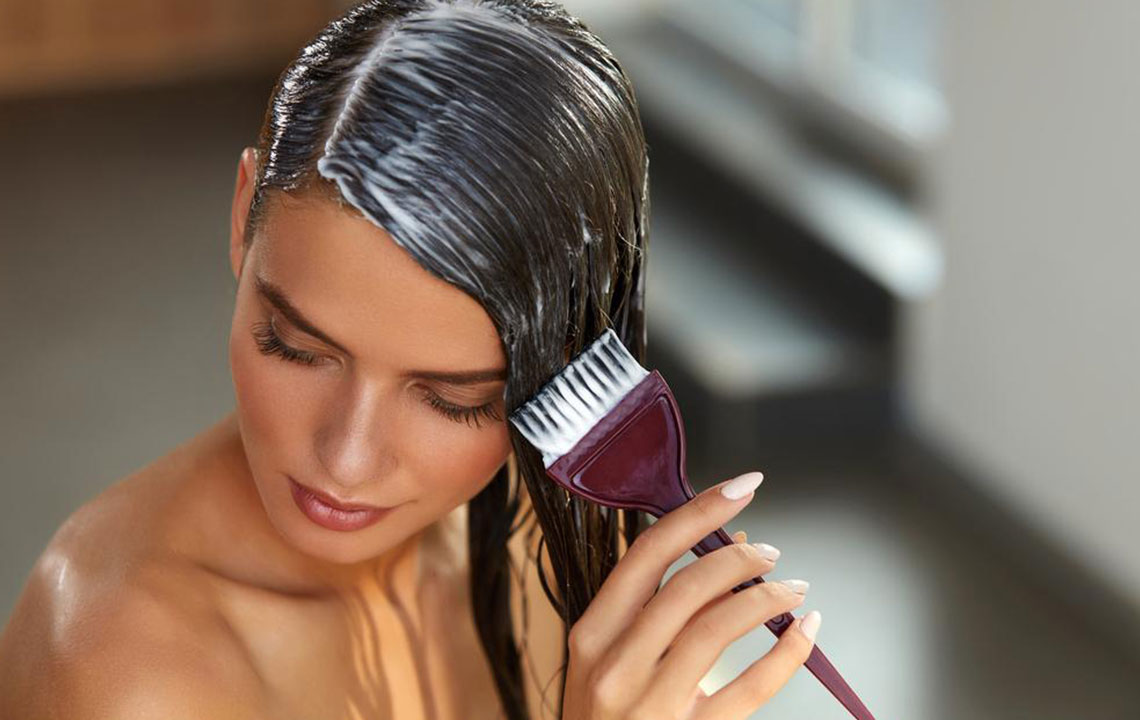Comprehensive Strategies for Hair Health in Women Over 60: Preventing Thinning and Promoting Growth
This comprehensive article offers practical and scientifically-supported strategies for women over 60 to prevent hair thinning and promote healthier hair growth. It discusses causes, includes tips on nutrition, hair care, scalp health, and stress management, and debunks common myths about hair loss, empowering older women to maintain their confidence and beauty. Professional guidance is emphasized for personalized solutions, ensuring safe and effective results for aging hair.
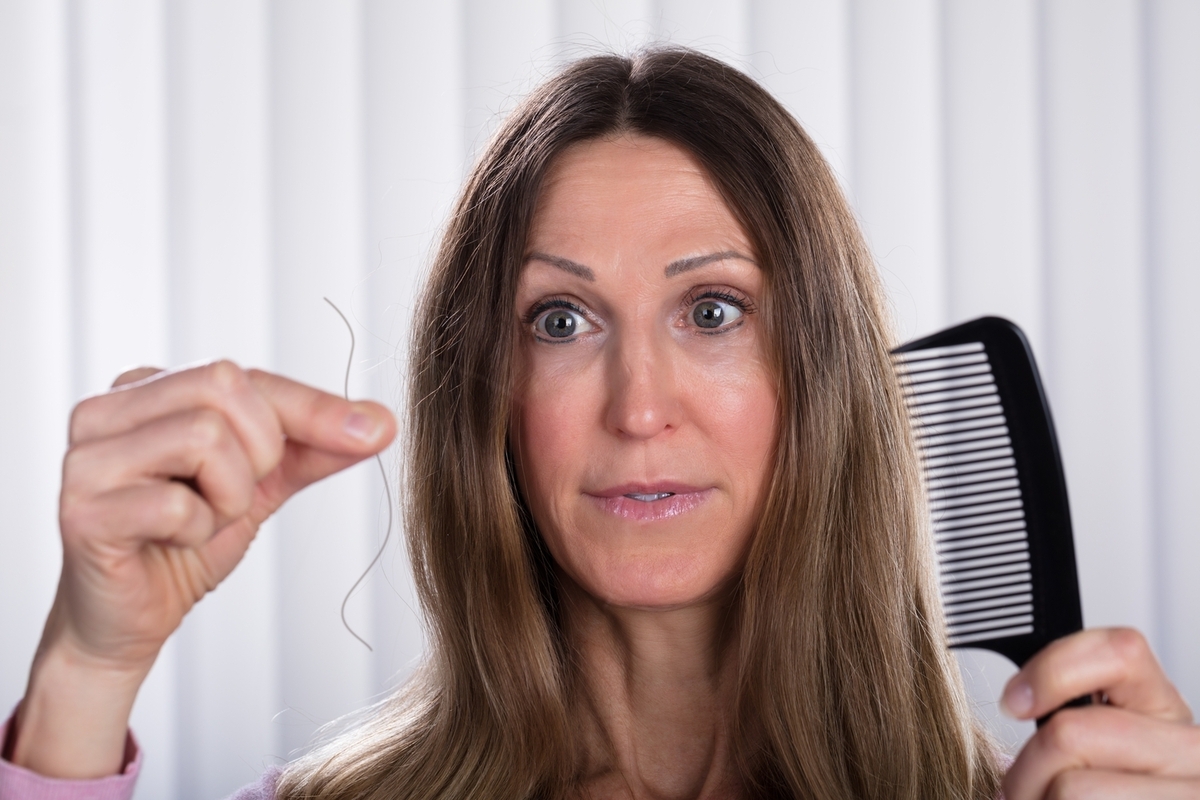
Proven Methods to Maintain Thick, Healthy Hair in Women Aged 60 and Above
As women age past 60, hair thinning becomes a commonly encountered issue, impacting confidence, appearance, and overall well-being. While aging naturally influences hair loss, there are numerous effective strategies to slow down this process, strengthen hair follicles, and encourage healthier growth. This detailed guide explores the main causes of hair thinning in senior women and offers practical, scientifically-backed tips to help maintain full, shiny hair during the golden years.
Understanding the Causes of Hair Loss in Older Women
Hair thinning in women over 60 is primarily driven by a combination of biological, genetic, and lifestyle factors. As women mature, hormonal changes, particularly a decline in estrogen levels, play a significant role. Estrogen is vital for maintaining hair's active growth phase, and its reduction leads to shorter hair cycles and increased shedding. Besides hormonal shifts, other factors such as genetics, nutritional deficiencies, health conditions, and styling habits contribute to the process.
Delving Into the Key Factors Behind Hair Thinning
Hormonal Fluctuations: The reduction of estrogen during menopause shortens hair’s growth phase, leading to thinning.
Genetics: Family history plays a crucial role; if hair loss runs in the family, susceptibility increases.
Nutritional Deficiencies: Deficits in essential nutrients like iron, zinc, vitamins A, D, and E weaken hair fibers and impede growth.
Health-Related Conditions: Thyroid disorders, anemia, autoimmune diseases, and other medical issues can accelerate hair loss if untreated.
Hair Styling Habits: Overuse of heat styling tools, frequent chemical treatments, and tight hairstyles cause physical damage and breakage, worsening thinning.
Effective Prevention Strategies for Hair Thinning
1. Adopt a Nutritious, Balanced Diet
Nutrition plays a fundamental role in maintaining hair health. Consuming a variety of nutrient-rich foods can strengthen hair strands, improve scalp conditions, and promote growth. Focus on foods high in proteins, healthy fats, and vital vitamins.
High-Quality Proteins: Include eggs, lean meats, fish, legumes, and dairy to provide amino acids required for keratin synthesis, the primary structural protein of hair.
Omega-3 Fatty Acids: Rich sources like salmon, mackerel, chia seeds, and flaxseed nourish the scalp, reduce inflammation, and support hair follicle health.
Vitamins and Minerals: Green leafy vegetables, nuts, fruits, and whole grains supply iron, zinc, vitamins A, D, and E—all essential for healthy hair growth and preventing dryness and brittleness.
2. Stay Properly Hydrated
Hydration plays a crucial role in keeping hair shiny and preventing dryness and breakage. Aim to drink at least eight glasses of water daily, adjusting for activity level and climate. Well-hydrated hair is more resilient and less prone to damage.
3. Use Gentle Hair Care Practices
To minimize damage, opt for mild, sulfate-free shampoos tailored to your hair type. Avoid excessive washing, which can strip natural oils, and limit heat styling such as blow-drying, curling, or straightening. When detangling, use a wide-tooth comb, and handle hair gently to prevent unnecessary breakage.
4. Maintain Scalp Health
Healthy scalp fosters optimal hair growth. Regular scalp massages with nourishing oils, such as lavender, rosemary, or castor oil, can enhance circulation, stimulate follicles, and keep the skin conditioned. Additionally, maintaining good hygiene and avoiding buildup through periodic cleansing supports overall scalp wellness.
5. Consult Healthcare Professionals
Seek medical evaluations to rule out underlying health issues. Blood tests can identify deficiencies or hormonal imbalances, and dermatologists or trichologists can recommend personalized treatments or medications that promote hair growth. Natural supplements like biotin, iron, or multivitamins may be helpful under medical supervision.
6. Manage Stress Effectively
Chronic stress is linked to hair shedding and thinning. Incorporate stress-reduction practices into daily routines, such as yoga, meditation, deep breathing exercises, or regular physical activity. Maintaining mental well-being significantly impacts hair health.
Dispelling Common Myths About Hair Loss
Many misconceptions surround hair loss, leading to ineffective or harmful practices. For example, some believe that trimming hair accelerates growth; however, trimming primarily prevents split ends and breakage. Others think that frequent brushing makes hair thicker, but excessive brushing can cause damage and follicle trauma. Understanding factual hair care practices is crucial for effective maintenance.
In conclusion, adopting a holistic approach that combines nourishing diet, gentle grooming, scalp care, and stress management can significantly help women over 60 maintain healthy, thick hair. Consulting professionals for personalized guidance ensures that interventions are safe and effective. With consistent effort, it is possible to slow down hair thinning, promote new growth, and enjoy a vibrant, confident appearance well into older age. Embrace these strategies to preserve your hair’s health and radiance as you age gracefully.
